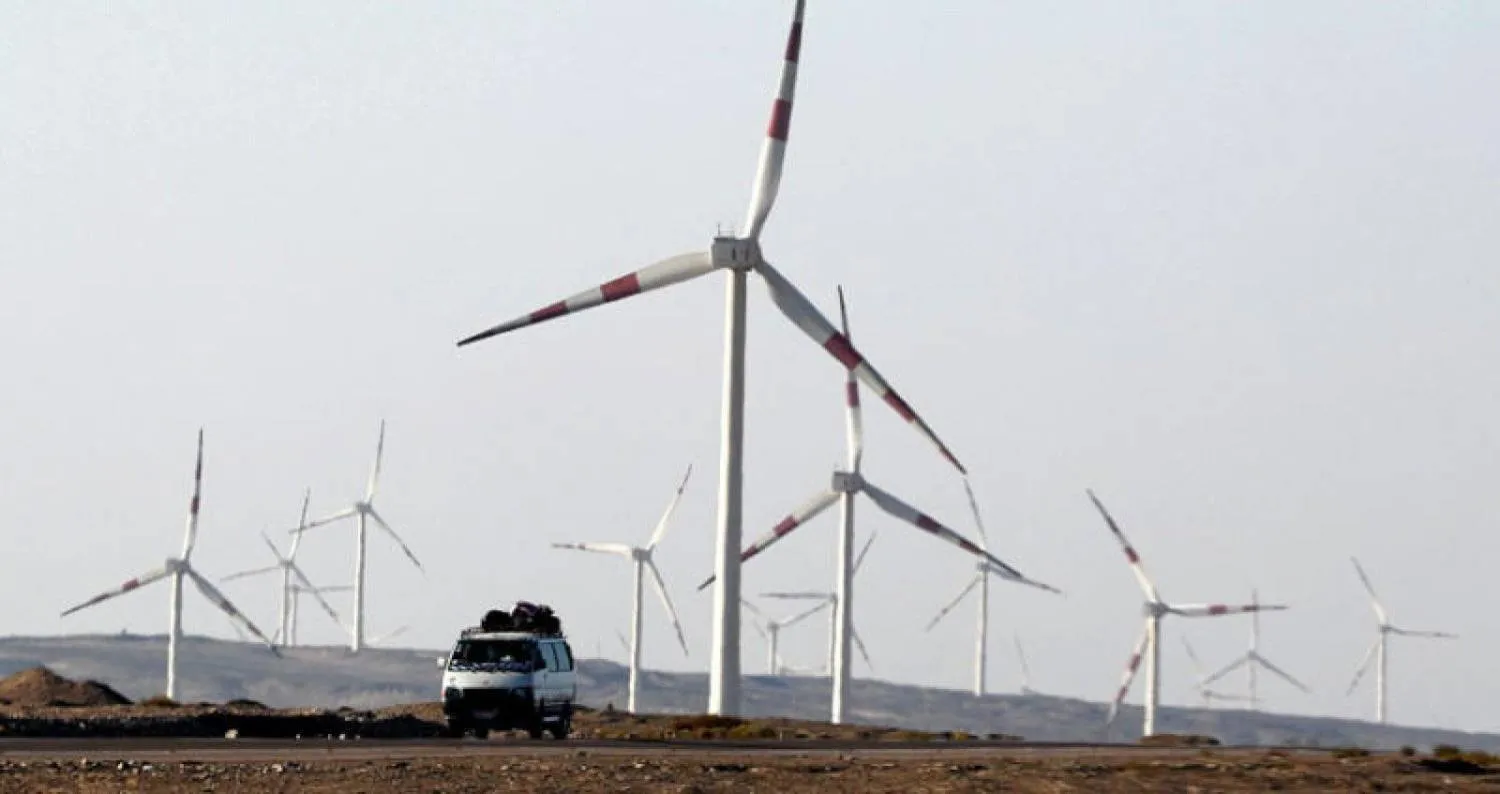China and Germany want to deepen cooperation, German Chancellor Friedrich Merz and Chinese Premier Li Qiang said in Beijing on Wednesday, as Merz began a visit aimed at resetting ties amid a widening trade imbalance.
Merz told Li that Germany attached great importance on maintaining and deepening its extensive economic exchanges with China, its largest trading partner last year, while emphasizing the need for fair cooperation and open communication.
"We have very specific concerns regarding our cooperation, which we want to improve and make fair," said Merz, who faces a tough balancing act of redefining an economic relationship that is increasingly unfavorable to German interests.
Li called on both sides to work together to safeguard multilateralism and free trade, in a comment seen as a reference to US President Donald Trump's trade war, which has upended the global trading system.
"China and Germany, as two of the world's largest economies and major countries with important influence, should strengthen our confidence in cooperation, jointly safeguard multilateralism and free trade, and strive to build a more just and fair global governance system," Li said.
NO CONSEQUENTIAL DEALS SIGNED
Despite their calls for deeper engagement, the agreements Merz and Li formalized after their meeting were narrowly targeted and in industries peripheral to both economies.
The five documents signed covered continued efforts in climate change and green transition, cooperation in animal disease prevention and a poultry products protocol, as well as sports collaboration agreements for football and table tennis.
That paled in comparison with Canada and Britain, which respectively signed eight and 12 documents with China last month aimed at boosting trade and investments.
Still, the business-focused latter half of Merz's visit could see more deals secured.
He is accompanied by a delegation of 30 firms including top carmakers such as Volkswagen and BMW which are acutely feeling the strain of Chinese competition - contributing to the growing trade imbalance that has sparked concern in Berlin and led to calls for protectionist policies.
CHINA-EU TIES IN FOCUS
China is seeking to pitch itself as a reliable economic partner, in contrast to the United States, as Europe struggles to address vulnerabilities in its supply chains and worries about growing dependence on China.
Europe is seeing an acceleration of concerning trends in China, Europe's Trade Commissioner Maroš Šefčovič told the European Parliament on Tuesday, citing China's growing dominance in key manufacturing sectors, a rising imbalance in trade, and falling market share of EU companies in China.
Germany's manufacturing-heavy economy has been particularly hard hit by competition from China's manufacturers, Rhodium Group's China analyst Noah Barkin said in a recent research note.
Merz, on his first visit to China, becomes the latest European leader seeking to reset ties with China after Britain's Keir Starmer and Canada's Mark Carney earlier this year, while Beijing touts the benefits of engaging with its massive consumer market and advanced manufacturing base.
Engagement between Europe's largest economy and China could set the stage for EU-China relations this year.
China's market, once coveted by foreign businesses for its wide consumer base and rising spending power, has changed in recent years with a slowing economy capping consumer demand and manufacturing overcapacity increasingly pushing domestic firms to look for opportunities abroad.
CHINA STILL BOASTS MEGA MARKET
In editorials ahead of the visit, Chinese state media emphasized the potential for EU-China cooperation to become a stabilizing force while US tariff policies upend global trade.
Xinhua cited a German chamber of commerce survey finding that innovation gains in China are feeding back into German headquarters.
State-backed newspaper the Global Times said concerns about competition with China would be outweighed by the lure of China's massive market.
"Rhetoric such as 'systemic rival' and 'de-risking' has at times complicated Germany's China policy," it said in an early Wednesday editorial.
"Yet the enthusiasm and actions of the German business community speak louder than political slogans."









